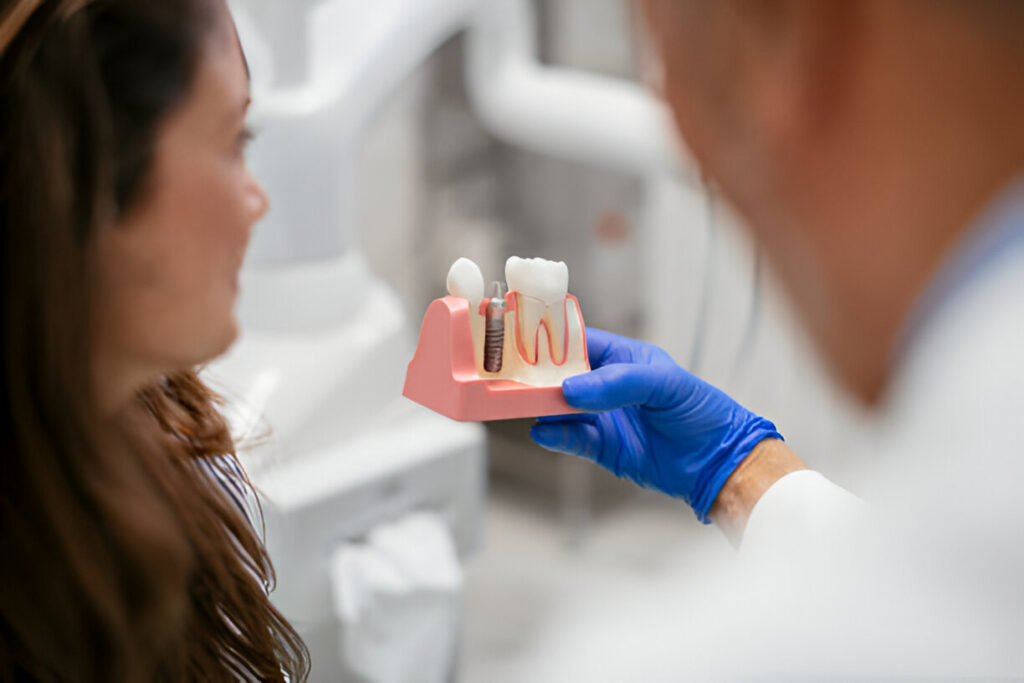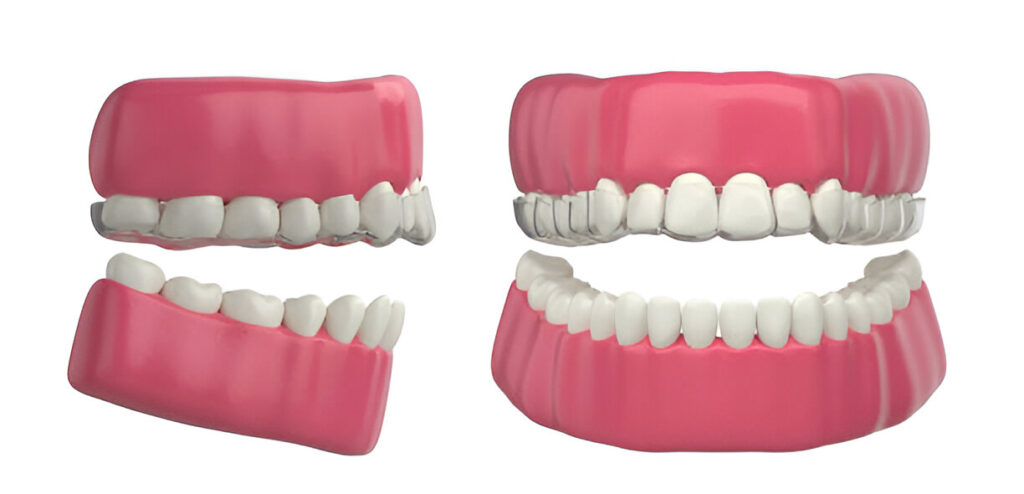Dental implants are a highly effective and permanent solution for replacing missing teeth. Many people wonder, however, if there is a time when it is simply too late to get dental implants. The short answer is: it’s rarely ever too late. However, there are several factors that can affect the timing of dental implant treatment. In this article, we will explore what to consider when thinking about getting dental implants and whether waiting too long can be an issue.
What Are Dental Implants?
Before we dive into the timing, let’s first understand what dental implants are. Dental implants are artificial tooth roots made from titanium. They are surgically placed into your jawbone to support replacement teeth like crowns, bridges, or dentures. Implants offer several benefits, including a natural look, long-term durability, and the ability to restore full functionality to your mouth.
Will Dental Implants Ever Be Affordable?
When Is the Right Time for Dental Implants?
While it may seem like a decision that can be postponed, getting dental implants sooner rather than later is generally advisable. The right time to get dental implants depends on several factors:
- Health of Your Jawbone
One of the most important factors in determining whether you can get dental implants is the health of your jawbone. The jawbone needs to be strong and dense enough to support the implant. If the bone has deteriorated due to long-term tooth loss, you might need a bone grafting procedure before implants can be placed. A dental professional will assess your bone health and determine if implants are suitable. - Immediate Implant Placement After Extraction
In some cases, dental implants can be placed immediately after a tooth extraction. This is known as immediate implant placement. It’s often a more convenient option for patients who lose a tooth suddenly, as it reduces the need for a second surgery. Your dentist will assess whether this is possible based on the condition of your gums and jawbone. - Age Is Not a Barrier
Many people believe that age is a limiting factor for dental implants, but that’s not true. As long as you are in good overall health and your jawbone is strong enough, there’s no upper age limit for getting dental implants. It’s important to note that older adults might have additional health considerations that need to be addressed, but age itself is not a reason to delay the procedure.
Are Dental Implants Worth Having?
What Happens If You Delay Dental Implants?
While it’s never too late for dental implants in most cases, delaying the treatment can lead to some complications. These complications can make it more challenging to place the implants or even reduce the likelihood of a successful procedure.
- Bone Loss
The longer you wait to replace missing teeth, the more likely it is that you’ll experience bone loss. This is because when teeth are missing, the jawbone can begin to shrink. The bone needs stimulation from the tooth roots to stay strong. If there is not enough bone left, the dental implant may fail. The process of bone loss is typically most significant in the first six months after tooth loss, so delaying the implant procedure can make it more difficult to place the implant securely. - Misalignment of Remaining Teeth
When you lose a tooth, the surrounding teeth may begin to shift into the empty space. This can cause your bite to change and may result in misalignment. If you wait too long to replace a missing tooth, the space may become too narrow for a dental implant, and you may need orthodontic treatment to move the surrounding teeth back into place before the implant can be placed. - Gum Shrinkage
Like bone loss, gum tissue can shrink around a missing tooth. This is especially true if the tooth has been missing for an extended period of time. If there is significant gum tissue loss, it may be necessary to perform a gum graft to create a healthy foundation for the dental implant. The longer you wait, the more complicated the procedure may become.
Does it Hurt to Get Teeth Implants?
Can You Still Get Dental Implants Years After Tooth Loss?
Yes, you can still get dental implants many years after losing a tooth. However, the procedure will likely be more complex. If you’ve delayed getting dental implants, your dentist may suggest additional treatments, such as:
- Bone Grafting
If significant bone loss has occurred, you may need a bone graft. This involves taking bone material from another part of your body or using synthetic bone material to build up the jawbone before placing the implant. Bone grafting can be a time-consuming process, and it adds additional costs to the procedure. - Sinus Lift Surgery
In some cases, a sinus lift may be needed to add bone to the upper jaw if the sinuses have expanded into the area where the implant needs to go. This surgery involves lifting the sinus membrane and adding bone material. - Alternative Implant Techniques
Newer techniques, like the All-on-Four dental implant system, allow patients to get implants with less bone than traditional implants. This technique uses just four implants to secure a full set of teeth, and it may be a viable option for patients with bone loss.
The Bottom Line: It’s Never Too Late, But Timing Matters
While it’s rarely too late to get dental implants, it is best to act sooner rather than later. The sooner you address missing teeth, the easier and more successful the procedure will be. Waiting too long can lead to complications like bone loss, gum shrinkage, and misalignment, which can make the process more difficult and expensive.
If you are considering dental implants, consult with a qualified dentist who can assess your unique situation and help you make the best decision. They will evaluate your bone health, the condition of your gums, and your overall health to determine the best course of action.
Call to Action: Restore Your Smile Today!
Don’t wait any longer to restore your smile and confidence with dental implants. Book a consultation today with an experienced dentist to find out if dental implants are the right solution for you.
Book your consultation today!
Ready to Restore Your Smile with Dental Implants?
At Cove Dental and Implant Centre, we understand the impact that missing teeth can have on your confidence and overall well-being. Whether you’re considering dental implants immediately after tooth loss or years later, our team is here to guide you through the process with care and expertise. Don’t let the fear of timing or potential complications hold you back—contact us today to schedule your consultation and take the first step toward a brighter, healthier smile.
Our experienced team will assess your dental health and provide you with a personalised treatment plan tailored to your needs. With advanced techniques and a patient-focused approach, we’re committed to ensuring your journey to a restored smile is smooth and successful.
Book your consultation today with Cove Dental and Implant Centre!
Frequently Asked Questions
Can anyone get dental implants?
Most people can get dental implants if they have healthy gums and enough jawbone to support the implant. Age isn’t a barrier, but overall health matters. A dentist will assess your health and bone structure to determine if implants are a suitable option for you.
How long do dental implants last?
With proper care, dental implants can last a lifetime. They are durable and resistant to decay. Regular checkups and good oral hygiene are essential to ensure the longevity of your implants and surrounding gums.
Is getting dental implants painful?
The procedure is done under local anaesthesia, so you won’t feel pain during the treatment. After the procedure, mild discomfort and swelling may occur, which can be managed with over-the-counter painkillers. Sedation options are also available for more relaxed treatment.
How long does it take to get dental implants?
The dental implant process typically takes 6 to 9 months. This includes the time needed for the implant to integrate with the jawbone (osseointegration). A temporary tooth can be placed during the healing process, with the permanent one fitted once the bone heals.
Can I get implants if I have bone loss?
Yes, even with bone loss, dental implants can still be placed. Bone grafting or sinus lift procedures may be needed to rebuild the bone before the implant. These procedures ensure a stable foundation for successful implant placement.





